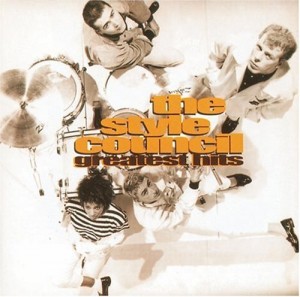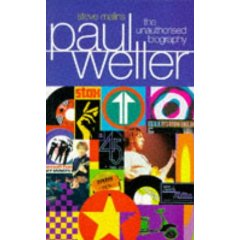
This Style Council Compilation Was Released By Polydor In The Year 2000.
This “Greatest Hits” package was released by Polydor in the year 2000, and the title is a bit of a misnomer – it is a singles collection, and some of these singles (like “Life At A Top People’s Health Farm” from the “Confessions Of A Pop Group” album) were not just flops – they will always stand as the absolute nadir of Paul’s career.
In any case, the early years of the band (IE, the time when they were in top form) are satisfactorily documented here, as the many non-album sides like “Speak Like A Child”, “Money Go Round” and “A Solid Bond In Your Heart” are featured. “A Solid Bond In Your Heart”, incidentally, was also recorded by The Jam during one of their final sessions together. That version remained unreleased until it was included on the “Extras” disc in 1992.
The compilation also has the superb “My Ever Changing Moods”, a top 30 hit in America. It was Weller’s one and only composition to reach those heights. Not even the Jam could crack that market in their heyday. The song is certainly praiseworthy, with a lyric in which individuality becomes a limitless expression of collectiveness and the character’s ever changing moods represent nothing but the consolidation of immutable acceptance through history. I think the song will always be the best exponent of Weller’s socialist beliefs, and the finest exposition of his conviction that those principles could lead to an eventual change of mentalities.
Of course, songs like “Walls Come Tumblin’ Down” and “The Big Boss Groove” put across the same message in a more direct language. So does the sardonic “Come To Milton Keynes”. Continue reading



